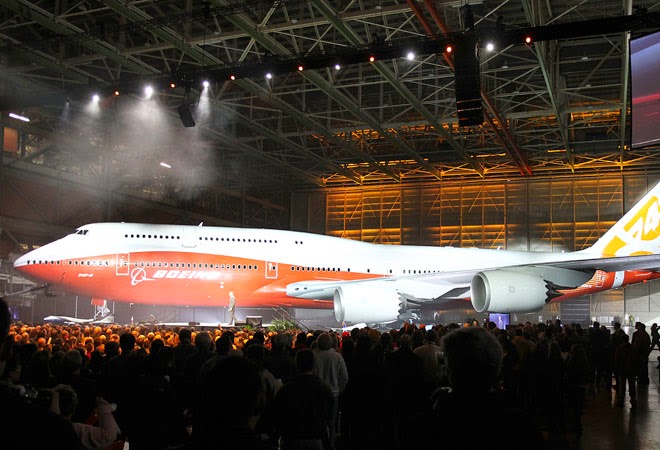College and
secondary school students who are interested in science are often held in the
dilemma of making careers choices or just deciphering what they really want to
achieve from the study of science. Obviously the sciences are usually held as
classics in our schools and students of science in the senior classes also
enjoy the prestige as well as the respect from school mates, family and
friends.
However, the
knowledge of career opportunities available to an average science student in a
typical secondary school in Nigeria is very minimal, in adequate and worst of
all, highly stereotyped. Imagine this scenario, which I believe everyone can
relate with. Sure, if you ask JAMBITES who have majored in science about their
preferred course of study in the universities, there’s absolutely a high
probability of getting a stereotypical mention of Medicine, Pharmacy and
Engineering (mainly Petrochemical, Mechanical and Electrical/Electronics) among
over 90% of the students!

It’s clear
therefore that many students leave school with little knowledge of the vast
areas of specialization in science which keeps on increasing by the day as a
result of new discoveries and breakthroughs. Even our unending need to
understand more concepts and specific areas of a body of science have led to
the use of tools and methods that were traditionally employed in a particular
field. This has also given rise to courses that are multidisciplinary and are
currently at the frontiers of science. Typical examples are Molecular Biology,
Bioinformatics, Biotechnology among others.
Career insight
in science therefore tops the list of pressing needs of students in senior
secondary schools. In fact, “What course do you want to study in the university?”
have become a real nightmare question for many young aspiring scientists.
Additionally, the twin challenge of meeting up with parents’ desires and dreams
of going into one of the ‘hottest’ or say, professional courses in science makes
career choice even more of a frustration and helpless situation. We see also
that parents have themselves stereotyped what a lucrative and successful career
in science should be and anything different would never be good enough for
their wards who they should be proud in some couple of years to have as
doctors, pharmacists and engineers. Of course, the society would have to
respect them more for having children in those professions; a skewed thinking
that have caused so many untold damages and frustrations.

Career advice
and counseling are very essential for students, as early as junior secondary
years. Focusing on a student’s area of competence/strengths and skills is key,
followed by interest. It would be so difficult for many especially parents to
agree, however the reality remains that career choice is all about the student,
and must be carefully and deliberately left for the student to make; though not
without good enough guidance from parents, teachers and even elder siblings.
Students must also be open for criticism and probing concerning their preferred
choices and career paths, and be sure to put every issue raised into
perspective before the final important decision.

I want every
JAMBITE to know that there are a thousand and one careers in science they can
successfully go into from Agriculture to Public Health, down to Zoology. A student also has no
business going into any discipline s/he has neither interest nor good at, no
matter who is pressurizing or cajoling them. Careers must not be pursued just
to proof points that are baseless. Students should study wide and get more
knowledge of the diverse wonderful and useful careers in science.
§
JAMBITE; a term (colloquial) used in referring to Nigerian Secondary
school leavers (including those about to leave high school) who are preparing for the
Unified Tertiary Matriculation Examination.











